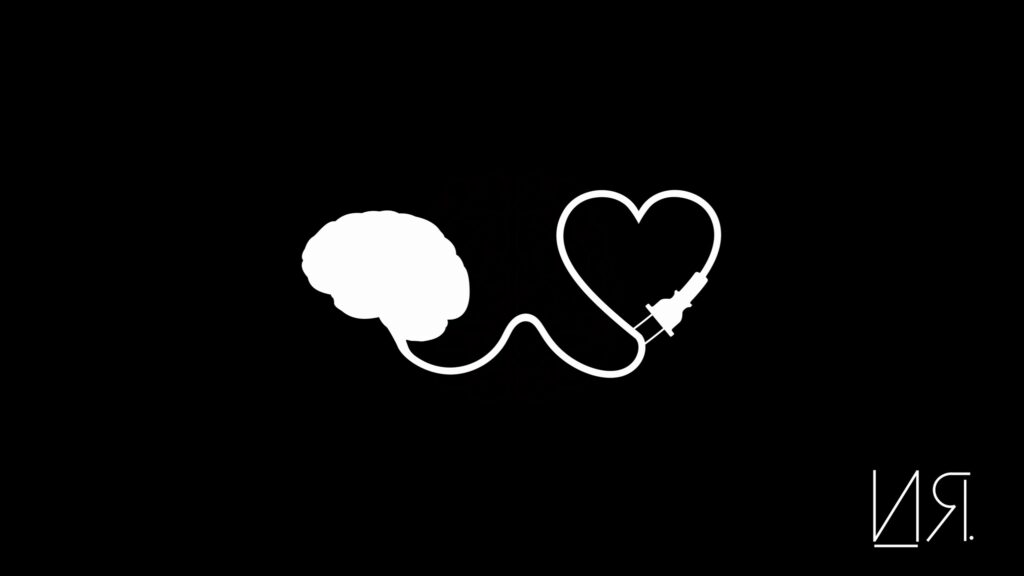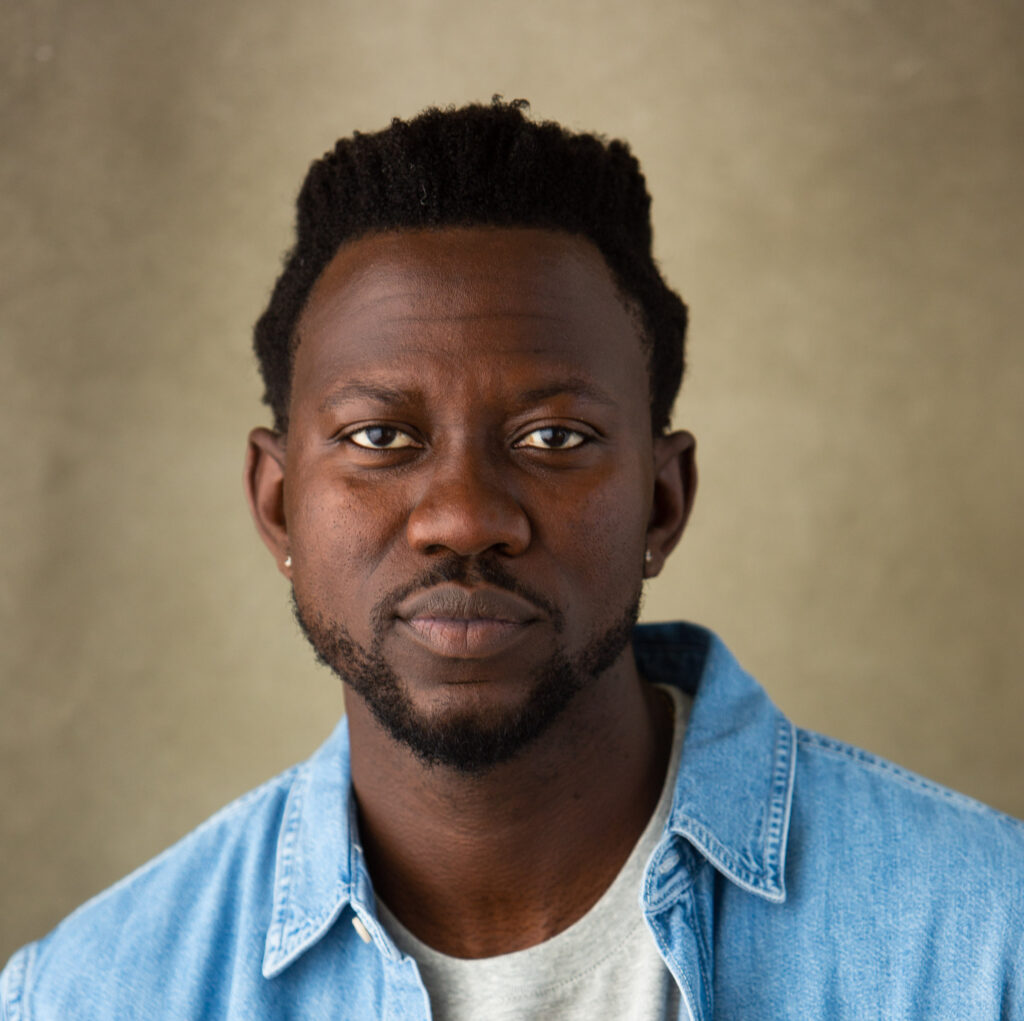What if i said you could change your brain faster than it would take to convince someone else to change their minds.
Would you believe me?
In 2012, I was sitting in a cold control room of an ethanol manufacturing plant, looking at the black, red, and green displays of distillation columns, evaporators, and tanks.
“So you’re telling me, I don’t have to do anything? I just have to sit back and it will all control itself automatically?” The shift supervisor, sitting next to me, asked.
“Yes.” I responded.
He nodded. I was aware of his skepticism.
This wouldn’t be the first time I had to convince a plant operator that the model predictive software that we had just installed would allow them to focus on other tasks while it optimized the plant on autopilot.
My job as a process engineer was tough (a balancing act of thermodynamics, heat exchange, and the interaction between hardware and software) but it wasn’t as difficult as getting the plant operators and staff to buy-into letting the process just work.
A lot of my work then was convincing.
I have seen this play out in play out in different phases of my life from my engineering life to life as an entrepreneur. Most of my tasks require convincing and persuading people.
Sales – persuading
Let’s work together – convincing
Come do business in Africa – persuading
Brokering partnerships – convincing
Move this valve on this distillation column – persuading
Check out this book – convincing
Get some nfts – persuading
Let’s eat this for dinner tonight – I think you get the point.
Persuasion is a skill that takes years to master but becoming your true self is a lifelong process.
Why are you wasting time?
The problem is sometimes we spend too much time convincing people about things when we should be focusing on convincing ourselves to do the things we want to do.
Have you found yourself spending too much time arguing with a friend about a new topic?
Spending countless hours sending articles, research papers, graphs, long text messages – Just to get someone to say “OK. I think I see your point.”
What’s really going on here?
We are so desperate to get that external validation.
And where does that leave us? After the conversation is done.
We still have personal goals but don’t get to them.
We have dreams that lay by the way-side.
We play the blame game and point fingers at others for being stuck.
The reality is that you might be spending too much time convincing the wrong person. The only person you really have to convince is yourself.
Start there.
It might actually be easier to rewire your brain than it is to change someone’s mind.
So if your goal is to improve yourself. How about you focus on that. Instead of trying to get people to agree with you first before focusing on your growth.
Stop telling. Start showing
I recently started reading the book REWIRED BRAIN by Dr. Ski Chilton and I’ve been drawn into the power that we all have to reshape the way we think and how we respond to stimuli.
“Insert quote about forming new connections in our brain”
In order to achieve some of our goals and get to understand our true selves, we must first understand how our mind works and how we can utilize that understanding to get what we want in life.
As the new year starts, a lot of us see it as a refresh. A much needed restart. We start to get people onboard with our new way of thinking.
Imagine you had the power to change the way your mind works so that it leads you to your goals.
You don’t have to imagine this, it is actually possible.
By taking active steps to rewire your brain, you will be more present and aware. You will become aware of your past pain and trauma that makes you act in ways you are not the proudest of.
You will stop negative thoughts that control you.
You will also fast track your journey to the future self that you want and most importantly, you will get closer to your full (true) self.
This is not an immediate switch.
It takes work and it is something I’m focused on for this year and wanted to share what I’ve learned so you can rewire your brain to reach your full potential.
To rewire your brain you have to start with some self-reflection.
“Part of what makes us unique is our ability to self-reflect. When you can identify what’s wrong and know you have the capacity to change, there’s hope for growth.”
7 ways to begin your reflection on the path to rewiring your brain.
Forming new connections in your brain follow a path from self awareness to change.
From reflection to rewiring.
Here are 7 ways to get started on your neural-connection highway (re)construction journey.
1. Start with questioning? (think experience, growth, and contribution)
“To ask the right question is harder than to answer it”
~ Georg Cantor
Answers are increasingly becoming commoditized.
You can easily find the answer to literally any question you have with a quick google search.
Now you don’t have to scroll through a page of irrelevant links, you can simply ask chatGPT and get a clear answer.
The stuff that becomes more important is the question – and asking the right questions.
Getting better at asking relevant questions will become a unique skill but start out with using questions to examine yourself and reflect.
What do you want to experience?
What part of your life do you want to see change and growth?
Do you want to get better at health?
Living a more self-expressive life?
Have better relationships with people and become wealthier?
What about your contribution to the community you live in?
How are you contributing to making the life of the people around you better?
To live a fuller life most people want to have good experiences in the present, see growth and improvement, and ultimately make a contribution to their community.
Reflect on what type of experiences, growth, and contribution you want to have.
2. Understand how your brain works (find balance in the two systems)
“The mind is infinite in wisdom. The brain is a stupid, little dog that is easily trained”
~ Jerry Seinfeld

This quote cracked me up when I came across it on twitter.
What he’s referring to is the difference between the unconscious brain and the conscious mind and how you train the latter through systemization and consistency.
I’ve been intrigued by how the brain processes information and directs our actions and behavior both consciously and unconsciously.
There are two systems that our brain works on – system 1 and system 2.
This is called dual process reasoning.
“The central idea of DPR is that there are two very distinct types of responses and reasoning that arose at distinct points during human development. The interaction between these two systems determines our personalities, our outlooks, our characters, our emotions, and our behaviors.”
System 1 is the unconscious system that’s associated with the older parts of our brain. The system developed to help us survive. Most of our actions – walking, breathing, responding to danger happens in system 1. These happen fast and without us being aware of it
System 2 is slower and it is associated with the newer part of the brain. This is part of the brain that deals with more advanced reasoning.
These two systems work hand in hand. We need both but they have to be in balance.
Simply put, the imbalance in the two systems of our brain hold us back from being our true selves.
System 1 thinking is unconscious and automatic. It is necessary for survival and protection. However, it is not good when it is in overdrive though.
A lot of us have our system 1 in overdrive. Overamplification of fear driven by system 1’s attachment to past experiences makes us repeat unconscious and sometimes destructive behavior.
Knowing how these two systems work hand in hand is very important.
Reflect on this:
If your system 2’s slow thinking self is not aware of system 1’s doings then we lack the ability to be self-aware, self-reflect, and grow.
Have most of your best decisions been driven by system 1 or 2? How are you finding balance between both systems in your brain?
3. Take notes and journal (get a hold of your thoughts. refine them)
One of my favorite quotes from somewhere in the internet-verse is this “I write to discover what I know”
That’s the beauty of writing. You are just getting your thoughts on paper. You can look at those thoughts objectively and refine them. Those refined writings then shape your future thoughts which then allow you to write some more and keep investigating.
You see – it’s a loop.
The writing process is a mind-clarifying process. It allows you to slow things down and get a hold of your thoughts.
Our ability to self-reflect and develop self-awareness is what drives us to grow.
Imagine you thought you were perfect and everything you did could not be improved. You would limit your ability to change. Why change if you are already good?
Self awareness comes from consistent and deliberate self-examination.
No you don’t have to be hard on yourself. Just seat down, journal, and start writing to examine what is consistently top of the mind for you.
4. Change your surroundings (curate your vibes)
“Decrease your consumption of fear-based stimuli. Turn off the TV and go listen to some uplifting music”
One of the easiest ways to change and rewire your brain is to change the content of what you expose yourself to.
That means changing your environment, people, thoughts, ideas, and experiences around you.
Your mind may already be attached to the dopamine hits it gets from engaging in activities that you are used to.
Let me quickly check that phone notification.
Let me find arguments that I can poke holes in.
Let me find experiences that will validate my status in society.
But is that what you really want?
Are these experiences, thoughts, and people you surround yourself with moving you in the direction of the person you want to be.
Rewiring your brain requires you to build new neural connections and pathways while reducing the connections that are already in overdrive.
“Neurons that wire together, fire together”
To mold your brain towards functioning in a way that allows you to be your full self, you have to start forming new connections and reducing bad ones.
One of the easiest things to do is unplug from the 24-hour bad news cycle.
As much as some of us complain about the consistent bad news, we are low-key addicted to it. It puts your system 1 in overdrive and your brain develops and craves what it is used to.
The same goes with engaging with negative people that drain you and ideas that limit what you think about yourself.
How about you switch it out.
Start surrounding yourself with ideas, thoughts, people, and experiences that will help you move towards what you want to achieve.
Stop trying to change those people or ideas. Change your relationship with them and focus on your personal growth.
5. Start experimenting with systems (find your groove)
So tell me “What are your goals this year?”
That’s a question on everyone’s lips at the beginning of the year (ok maybe not everyone). But most people count on developing a new year’s resolution to help them grow.
Some are successful. Most are not.
Why? Because goals quickly become intimidating. The clarity you once had at the beginning of the year quickly begins to fade away.
The best approach is to develop a system that works for you, fits your lifestyle, and just be consistent with it.
It can be very defeating when you begin to work on a goal and then lose steam just a few weeks in.
However, with a system, all you have to do is come back to it.
For instance, I want to be a better writer. That’s the goal. I deliberately write for at least 15 minutes every weekday. That’s the system.
With that, even if I miss one day (or two), all I have to do is get back to the system on the next day. Did I forfeit my goal of becoming a better writer by missing a day or two? Maybe.
But it’s much easier to get plugged back into a repeatable system than it is to keep track of a large (sometimes unmeasurable) goal.
What systems do you want to build this year?
By consistently doing it, you will be training your mind to make new connections that allow you to get closer to your true self and what you want to achieve.
6. Be patient (no quick fix here. change takes time)
The change that you want is not going to come overnight.
A lot of us are plugged into the “education-corporate industrial complex.”
I can probably just call it the education-corporate complex because the industrial age developed the education system that funnels us into widgets that feed the profits of corporations we are in. (Too much? OK let’s get back into it. Again you don’t have to agree with me)
I’m just using this to highlight that we have been trained to value a quick reward system.
Do well in school, you get good grades.
Do well in sports, you get athletic fame.
Do well at work, you get a bonus and a raise.
Grab this carrot, the next awaits for you to continue the race.
Most of these measuring yardsticks are done within a year. At work it’s quarter by quarter.
Have you ever questioned that this system has wired your brain in a certain way?
To get the change you want, you have to unplug from the need of immediate validation.
This is hard. That’s why you will rather spend 40 minutes trying to convince a friend about your world view instead of taking 10 minutes to rewire your brain to change the world in the direction you want.
One will give you the immediate reward: “I won an argument or convinced someone”
The other will move you along towards your better self (but no one notices).
Give yourself time to grow and adapt.
When last did you set up a system that you can do consistently for 18 months?
Sounds intimidating, huhn?
Well no one said finding your new you and rewiring your brain was easy. It takes time and patience.
Develop your system, reflect, go for long walks, be alone with yourself (if you can), let your new experiences simmer in as you’re guided to your fuller self.
7. Empower yourself (you are what you identify with)
“Thoughts become words”
“Words become actions”
“Actions become habits”
“Habits become characters”
The person you want to be starts with your thoughts.
Thoughts are very powerful. Unsupervised, they develop you into an “unsupervised character.”
Dr. Ski Chilton in his book the REWIRED BRAIN says
“you become who your thoughts tell you to be”
I’ve started this new practice, where I actively feed my mind with positive thoughts.
“I am capable.”
“I can make positive contributions.”
“I love myself” (I sometimes do that with the Kendrick Lamar voice too)
I do this when I wake up and before I go to bed.
You might have heard this before that “you are your biggest critic” and it’s very true.
It’s true that people might not believe in you and what you are trying to do.
My question is “do you believe in yourself?”
Depending on how you grew up and your past experiences (some good some bad) you have developed a narrative that you tell yourself.
Examine that narrative (use journaling in step 3) and start filling your mind with the positive narrative. It will feel awkward to start with but change is not necessarily easy.
Remind yourself that you are capable of change and watch the change happen in your life.
Lift off with your own reflection practice
Persuasion is an important skill to learn. It will help you be influential and influenceable. It requires a lot of storytelling skills which come with their own merits.
But before you become a good storyteller to change people’s minds, how about you start with changing yourself first.
To change yourself, start with understanding how your mind works, surround yourself with the environments you want to be in, bake in self-reflection, develop your own systems, and remind yourself that you are capable of change.
Join my newsletter to get more actionable insights about writing, creativity, and economic empowerment in your inbox.



